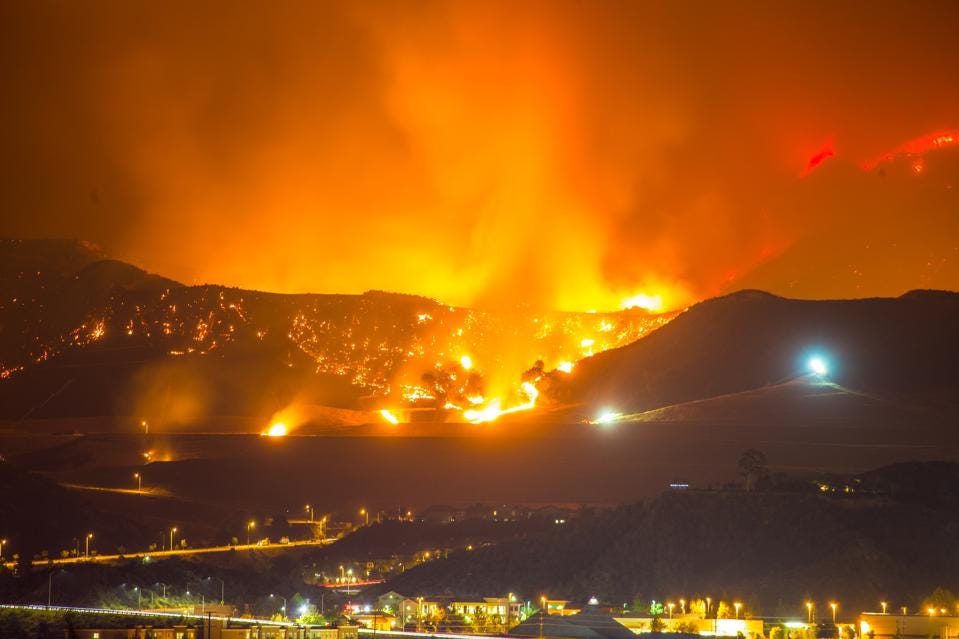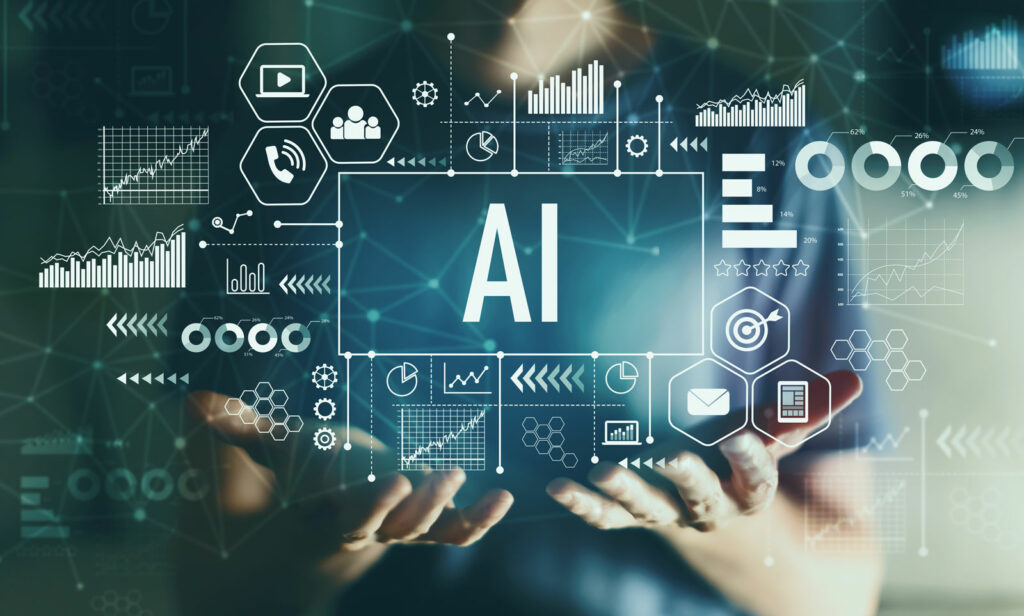
As California experiences an unprecedented wildfire season and the East Coast is battered by stronger hurricanes, it’s no secret that the realities of climate change are becoming direr than ever. This year is already on track to be between the fifth and seventh hottest year on record.
The phrase “if we don’t take immediate action, then it will be too late” has become all too familiar for people around the world. Fortunately, there are many opportunities and solutions available for us to invest in right now. It’s just a matter of making those investments.
It has become obvious that technology is going to be a key player in the battle against climate change. However, there are many technologies left to be widely explored as potential solutions to this large-scale problem. For example, artificial intelligence has proven to be effective in many different fields, from helping people with disabilities to innovating within the farming industry. However, when it comes to combating the vigorous effects of climate change, artificial intelligence deserves more investment.
AI can be an integral part of managing our responses to worsening natural disasters, from before it even happens to afterward when we have to pick up the pieces.
In pre-disaster settings, artificial intelligence and visual insights could have the power to save lives. AI is able to improve our weather forecasting and can even warn people in time to evacuate before the disaster occurs. For example, NASA’s new artificial intelligence can predict when and where a hurricane will intensify and warn those that are in its path.
Flooding is the most common and deadly natural disaster in the world. Some studies say that early warning systems can reduce deaths and economic damages by over a third. Fortunately, AI could predict when and where flooding will occur. In fact, Google’s AI can predict floods with 75% precision.
In a post-disaster setting, AI can boost response and help manage resources. Having visual insights after a disaster like a wildfire or a hurricane could mean life or death. AI is capable of rapidly analyzing satellite photos and essentially detecting anything from flooding to damaged or collapsed houses from a fire.
After the 2018 Hokkaido earthquake, AI was used to experiment with landslide detection. They found that AI takes only five minutes to conduct image interpretation to detect damaged places with an accuracy of 93% compared with human visual interpretation. By having close to real-time insights, disaster response teams could make swift and effective decisions.
Another silent yet deadly consequence of climate change is air pollution. The World Health Organization predicts that nine out of 10 people breathe polluted air. A spike in air pollutants also leads to an increase in hospital admissions. Fortunately, through the use of AI, it is now possible to predict ozone pollution up to 14 days ahead of time. These models could give local governments ample warning to control pollution emission sources.
Artificial intelligence has the potential to be a huge player in managing and responding to the disastrous consequences of a changing climate. Whether it’s retrieving victims from a flooded area or protecting residents from harmful air pollutants, artificial intelligence provides a glimmer of hope in the gloom-filled climate predictions we read about every day.
Embracing and implementing artificial intelligence in our organizations is a huge step toward adjusting to our harsh reality. In order to do this in businesses, you must invest in the right talent and the right technology to mobilize your talent. By embracing these forces of innovation and following forward-thinkers, the future looks a lot brighter.
you may also like
California’s new AI initiative opens the door for mass adoption for transportation infrastructure management
California Governor Gavin Newsom’s recent executive order signals California’s bold step towards embracing artificial intelligence as a…
The North Central Texas Council of Governments (NCTCOG) allocated funding to its member agencies
In a promising development for the safety and efficiency of North Central Texas roadways, the North Central…









